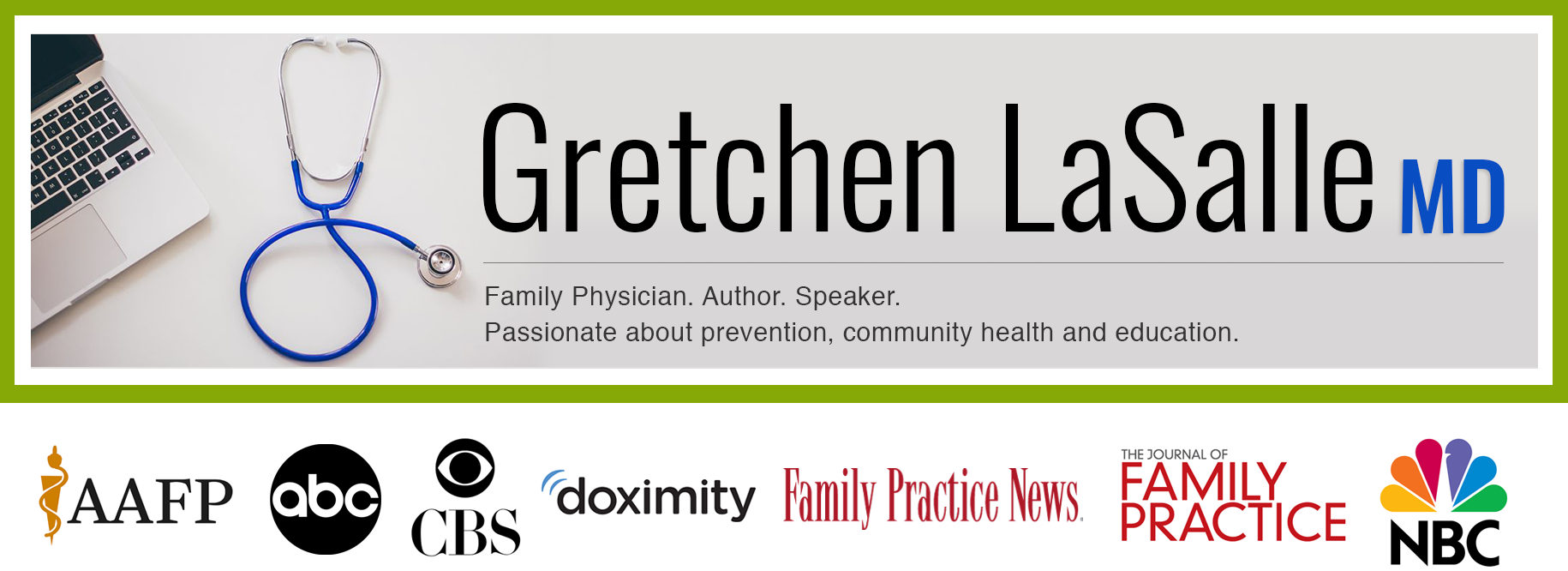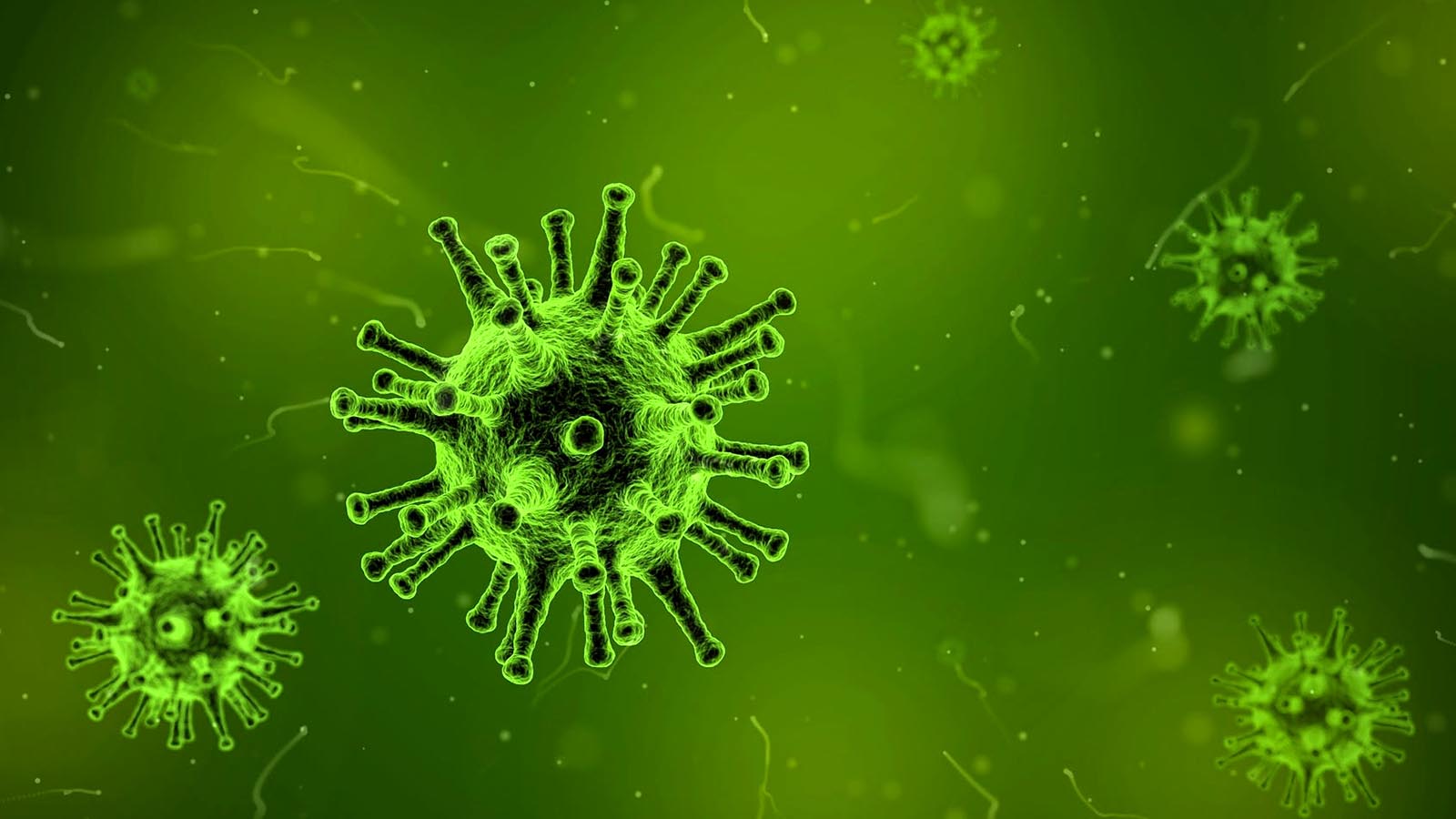The Clark County measles outbreak (in and around Vancouver, WA) is still going! The most recent case was confirmed on Tuesday, March 13. This brings the grand total thus far to 72 infected individuals. Of these, the majority are under 10 years of age with only 4 cases being over the age of 18. 63 of these are confirmed unimmunized, seven cases are unverified, and two cases have had only one of the two recommended MMR vaccines.
Public health departments rock!
The Clark County Public Health department is working hard to contain the spread of this very serious disease. They do this by tracking down unimmunized persons who may have come into contact, even indirectly, with the infected individuals. If an unvaccinated person is given an MMR vaccine within 72 hours, illness can often be prevented. After 72 hours, this approach is less likely to be effective. Remember, the MMR vaccine is a live-attenuated virus vaccine and cannot be used in people who are immune compromised or don’t have a developed immune system (infants younger than 6 months, pregnant women, people on chemotherapy, etc.). If these individuals are exposed, they can’t receive the MMR vaccine but they can receive immune globulin for up to 6 days after exposure.
How is 72 people an epidemic?
This outbreak doesn’t only affect people in Washington state, however. Infected individuals have traveled to Portland, Oregon, to Bend, Oregon, to Hawaii, and to Georgia. Some may scoff at the idea of calling this an epidemic when only 72 people are involved. But measles is highly contagious, with one person having the ability to infect up to 18 others. And with travel as easy and common as it is, and with an infected person being contagious for up to four days before they develop the tell-tale rash, measles can spread easily from one unsuspecting person to another.
How can you get measles if you’ve been vaccinated?
“Well, what about those people who had an MMR vaccine but still got sick? How does that happen? Doesn’t that mean that the measles vaccine isn’t that effective?”
These are questions I’ve heard recently from patients and on social media. We have to remember that one MMR vaccine is only 93% effective in preventing measles. Two vaccines are 97% effective. That’s pretty darn good! But even if both recommended vaccines are given, 3% of people will not mount an adequate immune response and are still at risk. And then there’s the fact that immunity to illness, even illnesses contracted “naturally”, can wane. Herd immunity is necessary to protect all of us, even those who have been immunized.
A doctor’s story of waning immunity
As a medical professional, I am required (and comply happily) to get vaccinated or to prove immunity to vaccine-preventable diseases. In the midst of the mumps outbreak in Washington state in 2017, I got my MMR titers tested to ensure that I was immune. I was 44 and fell into the age group that grew up in a time when only one MMR vaccine was recommended. It wasn’t until 1989 that two MMR vaccines became part of the standard schedule. While I was fully vaccinated as a child, my titers showed that I was immune only to rubella. I was not immune to measles or mumps and, therefore, required a booster shot.
This year, in the setting of the Washington state measles epidemic, in addition to proving my immunity to measles, I also had to document immunity to other vaccine-preventable diseases such as hepatitis b and chicken pox. While fully immune to hepatitis b, thanks to immunizations, I discovered that I was not at all immune to chicken pox…. And I vividly remember having had the chicken pox illness as a child. Natural immunity can fade.
A professional responsibility
When I became a doctor, I pledged an oath to “First, do no harm.” This means that I will do all that I can to guard my patients’ health and will not act in a way that would put them at risk. Transmitting an infectious illness, if I chose not to vaccinate myself, would be putting my patients at risk. In vaccinating myself, I am using my own immunity to protect my patients from disease.
Let’s all do our part
As soon as I kick this pesky cold I’ve been wrestling with, you can bet I’ll be heading into my employee health department to start my two shot series for chicken pox. I do this because I believe vaccines are the best way to protect myself and my community from communicable diseases. I do this to protect my patients.
So, as measles outbreaks rage on across the country and across the world (New York, Texas, the Philippines, Madagascar), please consider doing your part to protect yourselves and your loved ones. Get yourself immunized. Get your family immunized. Join me in vaccinating loud and proud!

